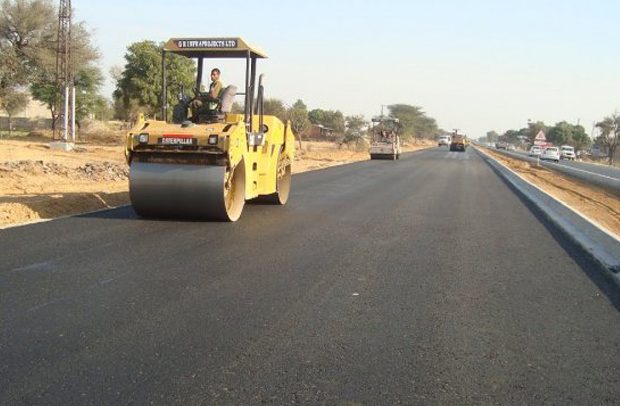Last week, a driver was convicted for spilling concrete on a public road in Accra. It was a refreshing piece of news because it shows that public property is after all protected by law. What happens mostly is that the law is not applied when anomalies occur as in the case of reckless spillage of debris or concrete on public roads.
Public assets and property are often abused by people who in most cases, do not even know their civic responsibilities towards such items.
While we are excited that one of the many who have often committed such crimes has been convicted, we must point out that there are many who go unnoticed and therefore unpunished, to serve as deterrence to others.
We had cause to editorialise on this subject sometime last year but because no action has been taken, we are constrained to return to the subject.
The Year of Roads is still being embarked upon by government for which we are grateful to government. It stands to reason therefore that, we appreciate as citizens, the importance of protecting our roads considering the huge capital outlay involved in their construction and maintenance.
The construction of asphalted roads is especially expensive and so folding our arms when irresponsible persons do things which degrade them should not be entertained under no circumstances. It behooves all especially, those with state authority, to protect our asphalted roads lest their lifespan is shortened and we are compelled to return to our common kitty for funding to repair the damages caused.
There are many vehicle mechanic workshops lining up some roads in our urban centres with Accra topping the list. These locations, many of them on recently asphalted roads, are subject to lubricants dropping on them. These degrade the roads and shorten their lifespan.
It is necessary therefore, that our roads are policed to stop their being turned into automobile workshops. Not doing so will be a costly negligence we should avoid.
We hereby call on the germane agencies, especially the Ministry of Roads and Highways, to liaise with the Police and the Metropolitan, Municipal and District Assemblies (MMDAs), to ensure that our roads are rid of such workshops.
The swiftness which was seen in the arrest of the driver who spilled concrete on the Accra road, when directed at roadside mechanical workshops, would go a long way in ensuring that our asphalted roads are sufficiently protected.


